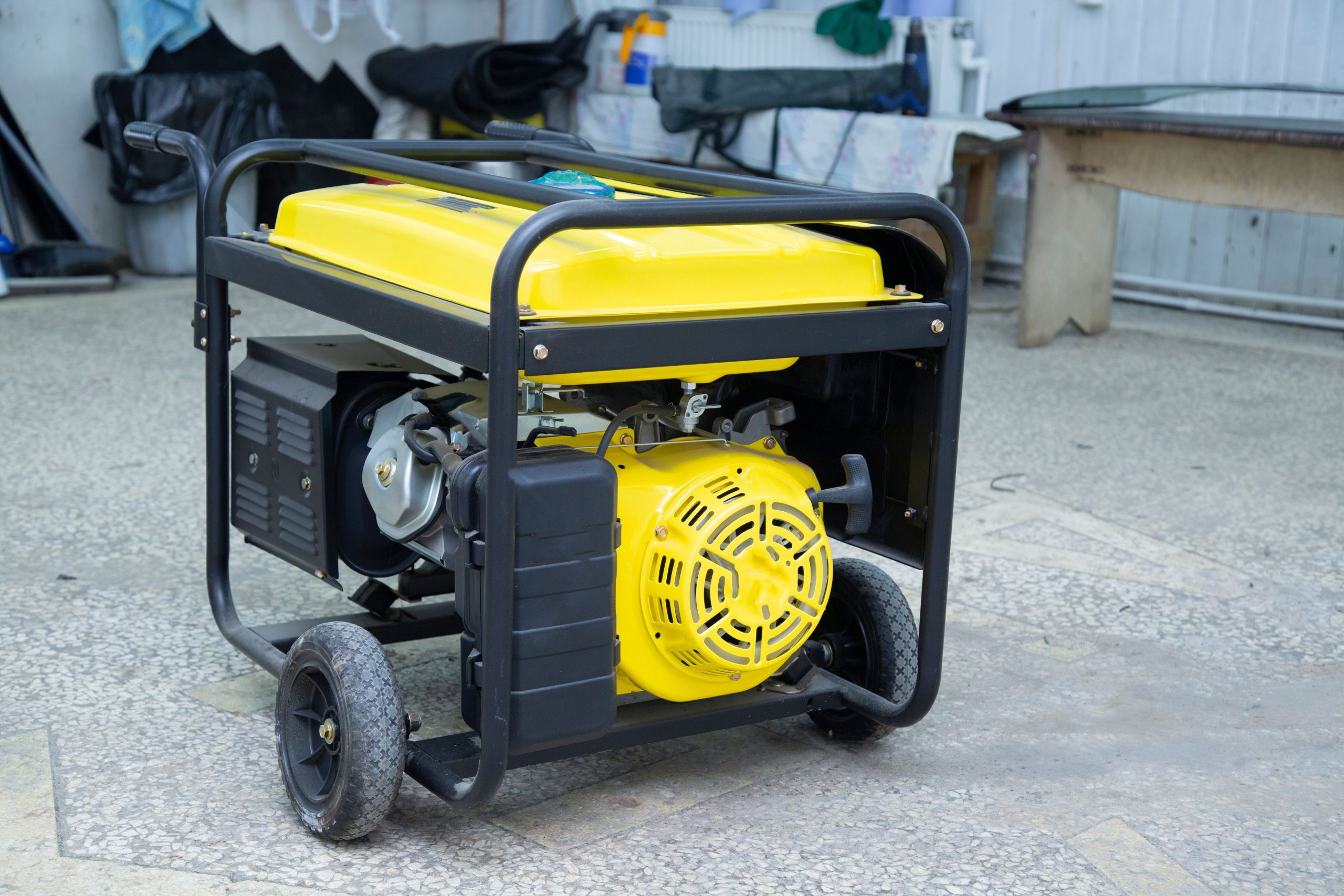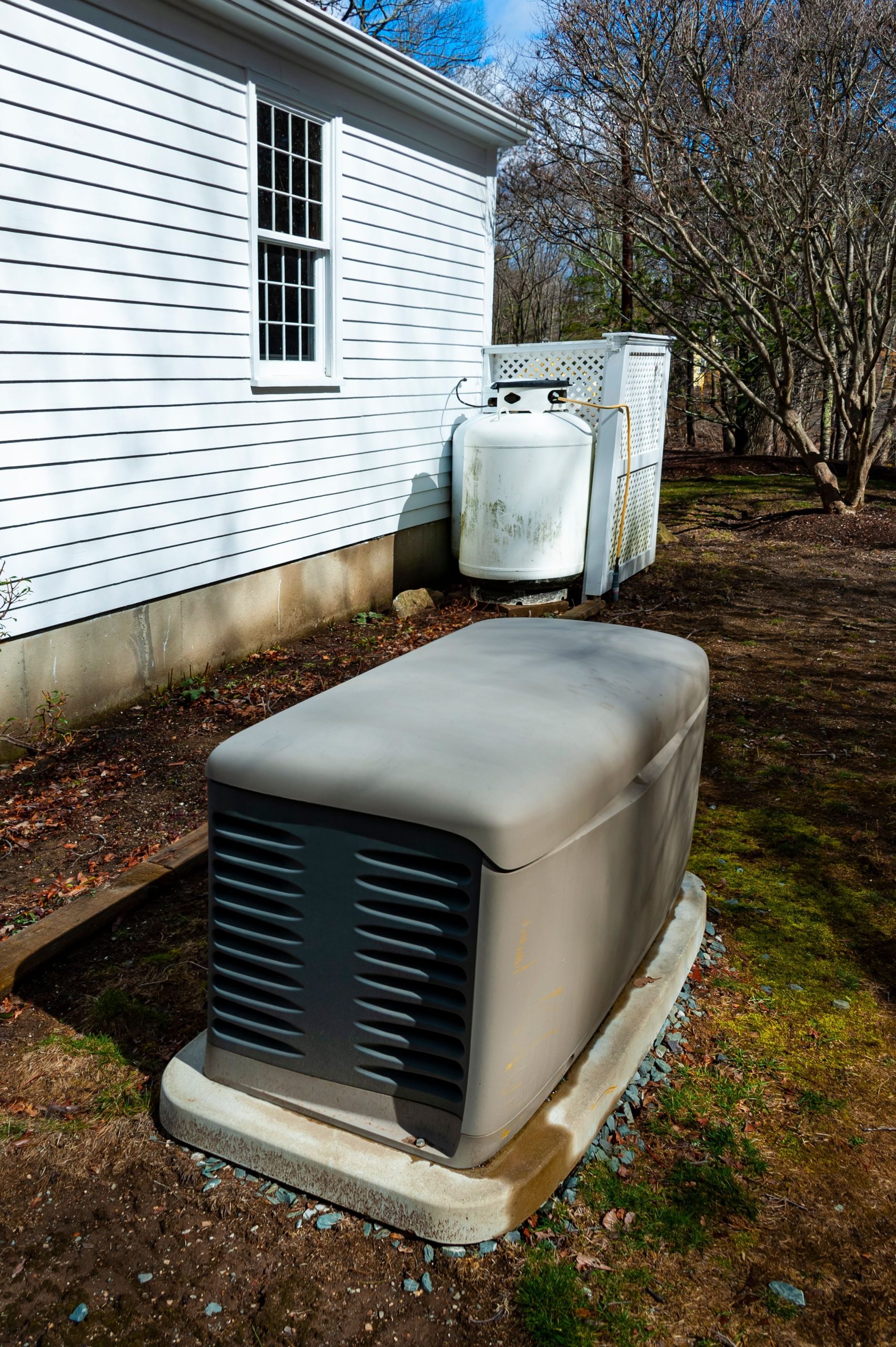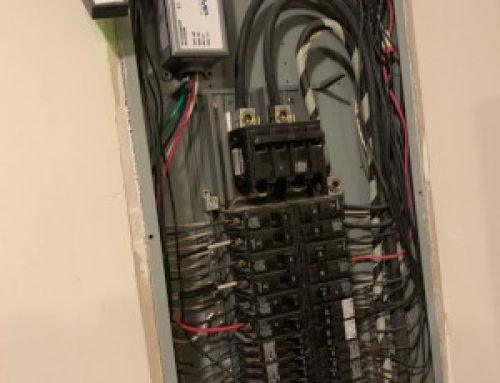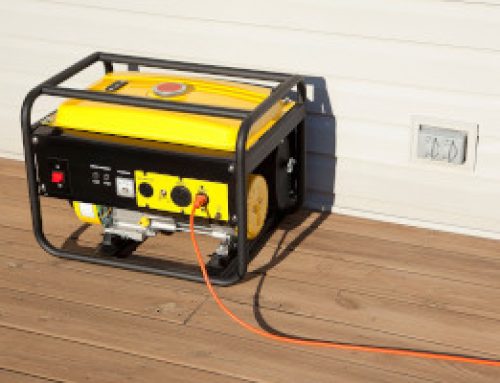With the increasing frequency of extreme weather events, grid instability, and even remote living situations, having a reliable backup power solution has never been more important. Homeowners need to consider their options carefully when selecting a generator to ensure their home stays powered during outages.
Two popular options for backup power are portable generators and standby generators. Each comes with distinct benefits, generator sizes, installation requirements, and ideal use cases.
In this article, we’ll break down the key differences between these two types of generators, helping you choose the one that best fits your home, power needs, and budget.
What Is a Portable Generator?
A portable generator is a small, movable unit that typically runs on gasoline. It’s designed to provide short-term power for specific needs during outages or outdoor activities.

Ideal Use:
- Temporary backup power during short-term outages.
- Power for a few appliances, such as a fridge, lights, or space heaters.
- Commonly used for camping or recreational activities.
Pros
- Affordable: Lower upfront cost compared to a standby generator.
- Flexible: Can be used for various purposes beyond home power, such as outdoor activities.
- No Installation Required: Simply wheel it out and connect it when needed.
Cons
- Manual Setup: Requires physically moving the generator, fueling it, and connecting it to the appliances.
- Fuel Storage and Refueling: You need to store fuel and monitor it to keep the generator running.
- Limited Power Capacity: Portable generators typically offer less power, so they can only run a few devices at a time.
- Louder Operation: Portable generators tend to be noisier than their stationary counterparts.
What Is a Standby Generator?
A standby generator is a permanently installed unit that automatically connects to your home’s electrical system and powers essential systems during an outage.

Ideal Use:
- Long-term power during extended outages.
- Provides whole-home or critical circuit power, including HVAC, lighting, appliances, and medical devices.
Pros
- Automatic Start: Standby generators automatically turn on when the power goes out, offering seamless power without any action on your part.
- Powerful: Capable of powering an entire home or multiple circuits simultaneously.
- Fuel Options: Can run on natural gas or propane, which is often more reliable and easier to manage than gasoline.
- Quiet Operation: Generally quieter than portable generators.
Cons
- Higher Upfront Cost: Standby generators are more expensive, particularly when you factor in installation.
- Professional Installation Required: Installation requires an electrician and permits, which can add to the overall cost.
- Routine Maintenance: Needs periodic maintenance to ensure it’s running smoothly, which can be a bit more involved than caring for a portable generator.
Cost Comparison – Upfront and Long-Term
Here’s a quick breakdown of the generator installation cost comparison between portable and standby generators:
| Item | Portable Generator | Standby Generator |
|---|---|---|
| Purchase Price | $500 – $3,000 | $3,000 – $10,000+ |
| Installation Costs | None | $2,000 – $5,000+ |
| Fuel Costs | Gasoline, variable pricing | Natural gas or propane, more consistent |
| Maintenance Costs | Minimal, occasional oil change | Annual servicing, inspection, and upkeep |
| Long-Term Value | Best for occasional use | High, especially if power outages are frequent |
Overall, while portable generators have a lower initial cost, standby generators can offer more value in the long run for homeowners who need constant reliability.
6 Factors to Consider When Choosing Between a Portable and Standby Generator
1. Frequency of Power Outages
- Frequent or Prolonged Outages: If power outages are frequent or prolonged in your area, a standby generator offers automatic, uninterrupted coverage.
- Occasional Outages: If outages are infrequent and short-lived, a portable generator may be sufficient to meet your needs.
2. Power Needs
- Critical Systems Only (Fridge, sump pump, etc.): Portable generators can cover a few critical circuits, keeping essential appliances running.
- Whole-home Coverage (HVAC, lights, appliances, etc.): Standby generators are better for supplying power to your entire home, ensuring that all systems continue to function during an outage.
3. Convenience and Automation
- Automated Power: Standby generators automatically turn on when an outage occurs, offering complete convenience and reliability.
- Manual Setup: Portable generators require you to manually move the unit, fuel it, and connect it to the necessary appliances. This process can be time-consuming and physically demanding.
4. Home Ownership Status
- Homeowners: A standby generator can increase your home’s resale value and provides long-term convenience.
- Renters or Temporary Living Situations: Portable generators are more flexible, moveable, and ideal for renters or people in temporary living arrangements.
5. Safety
- Portable Generators: Must be used outdoors, away from windows and doors, and connected via a transfer switch. They can pose a carbon monoxide risk if used improperly.
- Standby Generators: Professionally installed with a one-time setup and much safer, with less risk of improper handling.
6. Space Availability
- Limited Outdoor Space: Portable generators require minimal space and can be stored in a garage or shed.
- Space for Installation: Standby generators require a dedicated area for installation, often placed next to the house or garage.
Which Generator Is Right for You?
Portable is Best For:
- Occasional outages.
- Homeowners on a budget.
- Renters or people living in temporary situations.
Those needing a backup for a few appliances or small power needs.
Standby is Best For:
- Frequent or long power outages.
- Large homes with critical power needs (HVAC, multiple appliances, medical devices).
- Homeowners who prioritize convenience, safety, and reliability.
Those looking for a long-term solution with automatic operation.
Frequently Asked Questions
Power Up with the Right Choice
Choosing the right generator is about assessing your power needs, budget, and convenience preferences. If you want more peace of mind with automated power, a standby generator may be the way to go. For more budget-friendly, temporary use, a portable generator could be the perfect fit.
Need help deciding or installing the right backup power solution for your home?
Our experts at Brand Home Service are experienced with setting up and installing both standby and portable generators and can help you evaluate your electrical setup and ensure your family stays powered during any outage.
Call us today to schedule an inspection for your generator installation in Lafayette, IN.


